If you’re heading to Japan, you’ll want to budget for more than sushi and airfare. Among the expenses often overlooked is the accommodation tax, a local tax imposed on overnight hotel, inn, and other stays.
Introduced to help fund tourism infrastructure and services, the tax varies slightly by area. For travelers on a budget or those booking longer stays, awareness of this charge can avoid checkout or check-in shock.
What Is Japan’s Accommodation Tax?
Japan’s accommodation tax, or lodging tax, is a local tax added to your hotel bill. It’s calculated based on the nightly fee per individual, and both Japanese and international guests are required to pay.
There is no nationwide standard rate; cities and prefectures each have their own versions of the tax.
Main Areas Where the Tax is Charged
The following are the most prominent areas with a formal accommodation tax structure:
1. Tokyo (Metropolitan Accommodation Tax): Charged per person per night.
- ¥0: If the room rate per night is under ¥10,000
- ¥100: If ¥10,000 to ¥14,999
- ¥200: If ¥15,000 and above
2. Kyoto City: Also charged per person per night but according to room price ranges:
- ¥200: For rates below ¥20,000
- ¥500: For rates ¥20,000 to ¥49,999
- ¥1,000: For rates ¥50,000 and above
3. Osaka Prefecture: Similar to Tokyo:
- ¥100: For a room rate of ¥7,000 to ¥14,999 per night
- ¥200: For rates of ¥15,000 and above
Other prefectures like Fukuoka and Kanazawa also followed with their own versions of the tax. The rates may differ slightly, but they all follow the general principle of charging by per night room rate.
Who Has to Pay?
The accommodation tax is due from:
- All guests, both Japanese and foreigners.
- Those staying at hotels, ryokans (traditional Japanese inns), guesthouses, capsule hotels, and minpaku (private lodging like Airbnbs).
- Children are exempt by age and lodging facility policy.
It’s generally added during check-in or check-out and not included in the booking price on most foreign websites. Always confirm with your lodging.
What’s Not Taxed?
- Meeting rooms or event spaces not part of overnight stays for business.
- Long stays (in some areas) can be exempt after a certain period of time.
Generally, in some regions, hotel rooms that are cheaper than a set rate per night (i.e., under ¥7,000 in Osaka) are exempt from tax.
How to Prepare Financially
Here’s how to factor the tax into your Japan travel budget:
- Research Rates Ahead of Time: Before booking, check the city’s accommodation tax and inquire with the hotel or website if it’s already factored into the advertised price.
- Multiply by Number of Nights: Remember, the tax is applied per person per night. A four-night stay for two in Kyoto with a mid-range room rate would add ¥1,600–2,000 in taxes alone.
- Have Cash Ready: Although most hotels will accept card payment, smaller guesthouses or rural accommodations may ask for cash payment for the tax.
- Stay in Lower-Taxed Areas: If you’re traveling on a budget or long-term, research staying in nearby towns with a lower or no accommodation tax, especially if visiting Kyoto or Osaka.
The Reason They Implemented the Tax
This tax is not just a money-grab. It is used for:
- Maintaining tourist information centers, public toilets, and transit signs.
- Paying for city infrastructure development in tourist-overwhelmed cities.
- Funding programs to manage over-tourism and support sustainable tourism development.
In cities like Kyoto, which see millions of visitors annually, the funds help maintain cultural sites and support local communities impacted by tourism.
Tips for Smooth Travel Planning
- Ask your hotel or host directly: If you’re unsure whether your booking platform included the tax, reach out in advance.
- Keep receipts: Some travelers (especially business travelers) may be able to deduct this tax depending on tax policies in their home country.
- Book on local websites: Japan websites tend to include the total price with tax, in contrast to most overseas websites.
The Japan accommodation tax is a small but important part of your travel budget. Although the extra fee is minimal, it will add up especially for longer visits or for families. The best approach is to expect and check the conditions and factor the tax into your backpacker accommodation budget.
Not only will this spare you last-minute bewilderment, but it also goes toward paying for the very infrastructure that makes Japan such a great and organized country to visit.


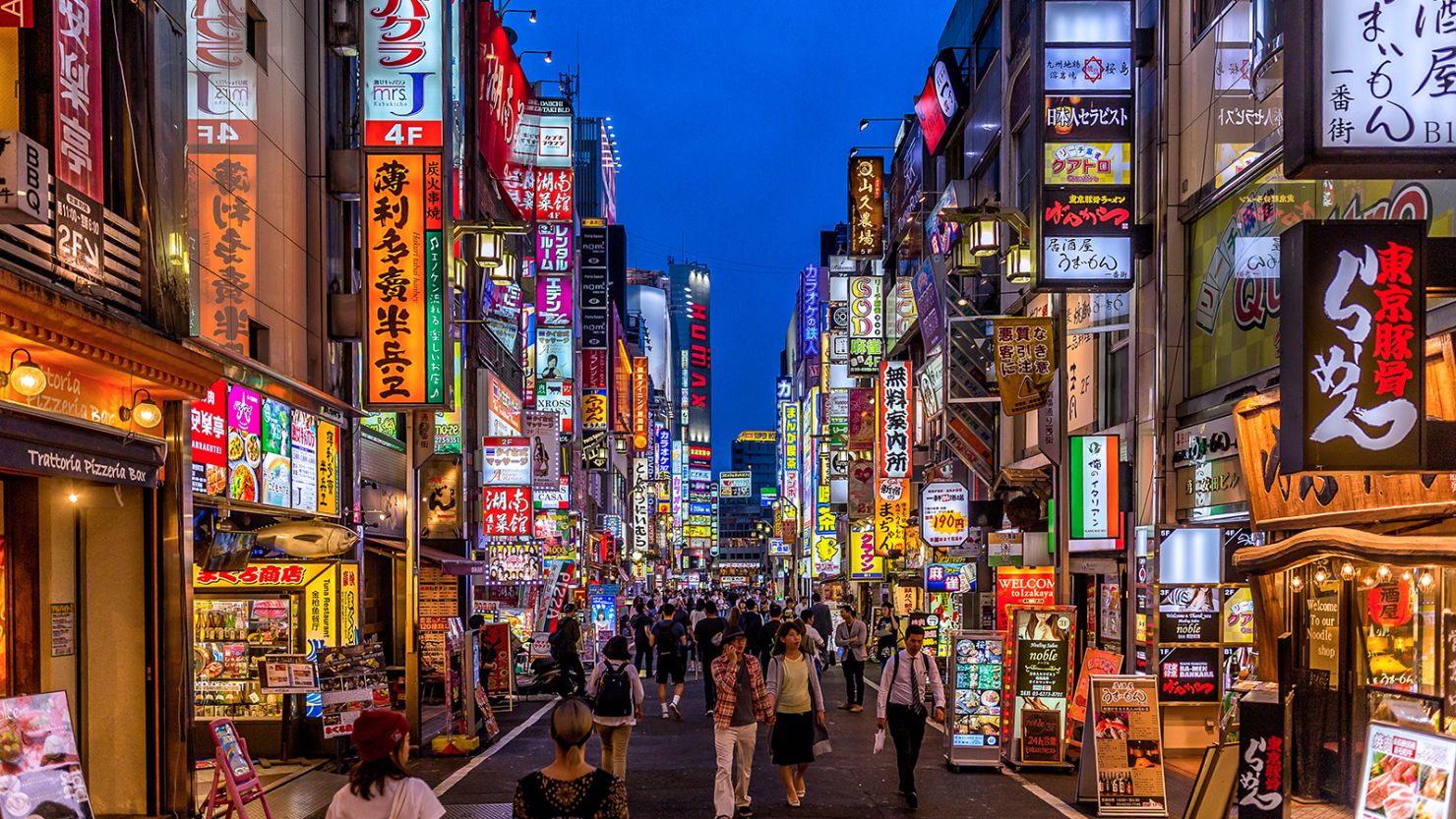
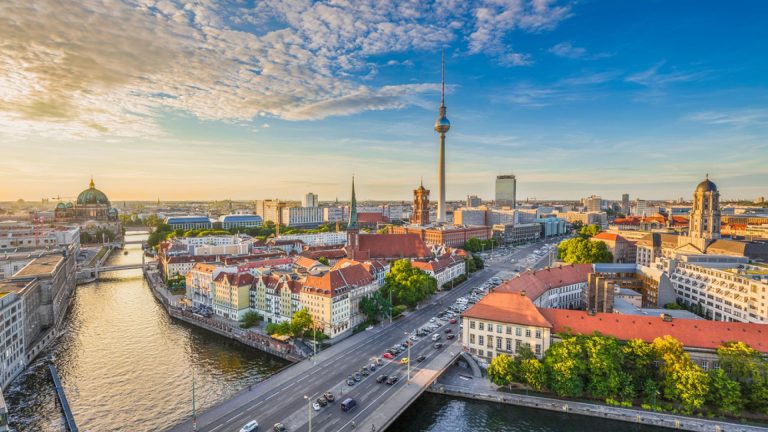

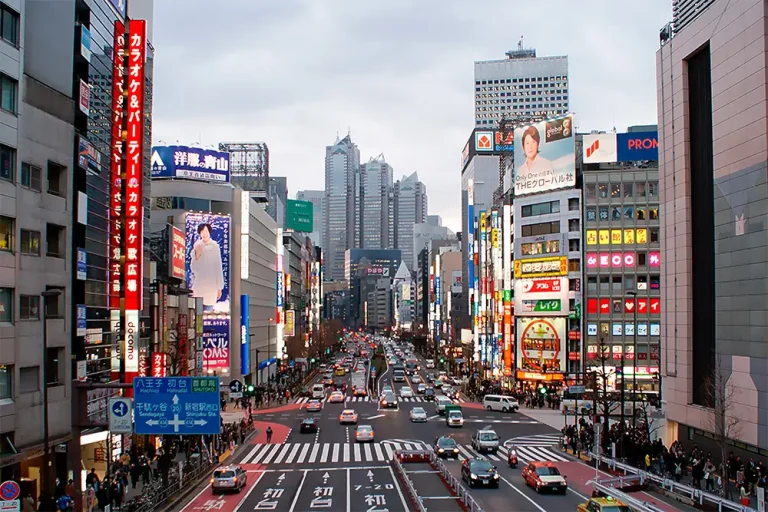
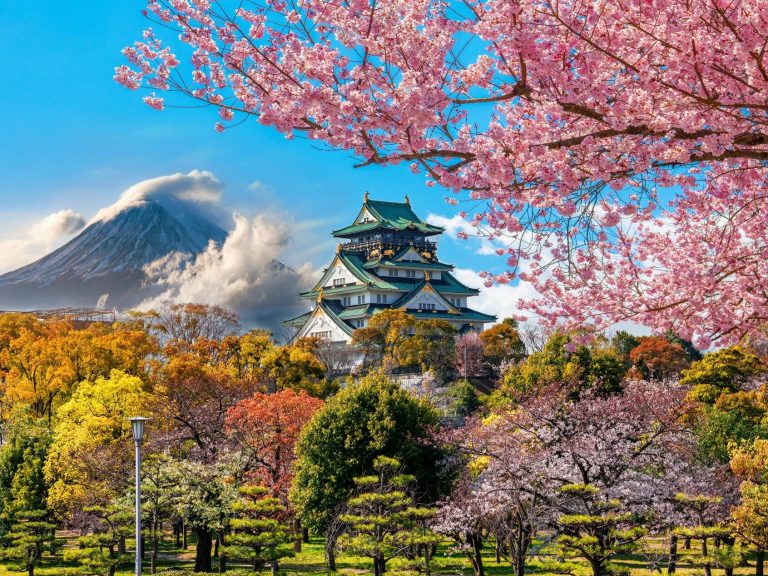

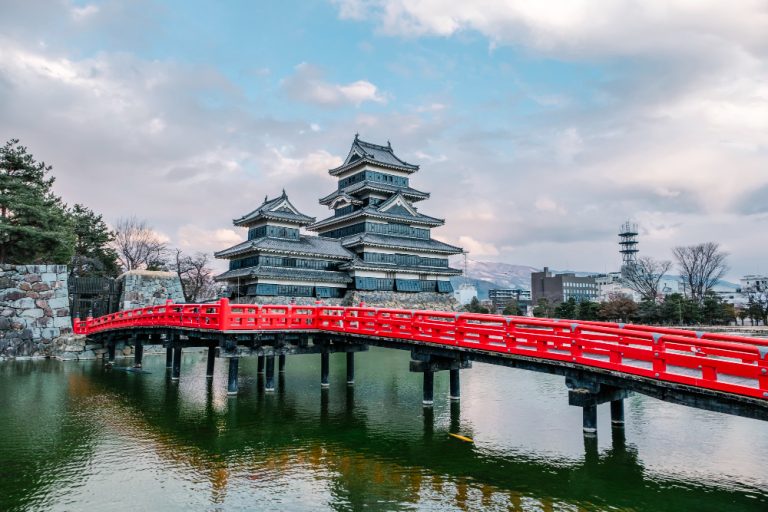
Leave a Comment